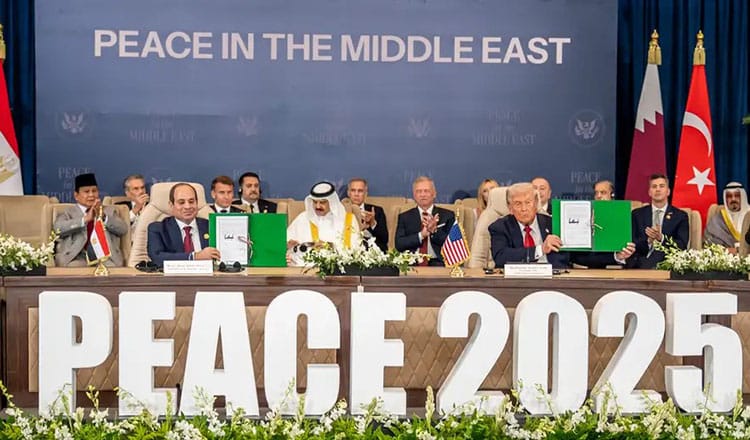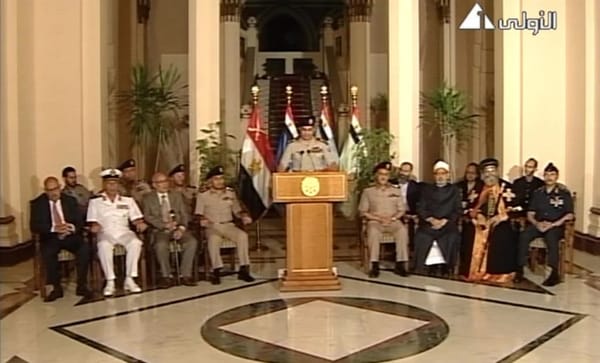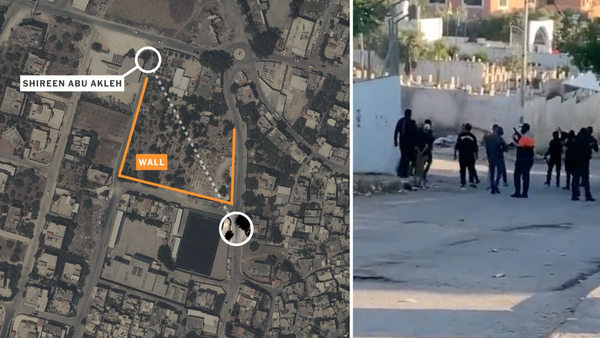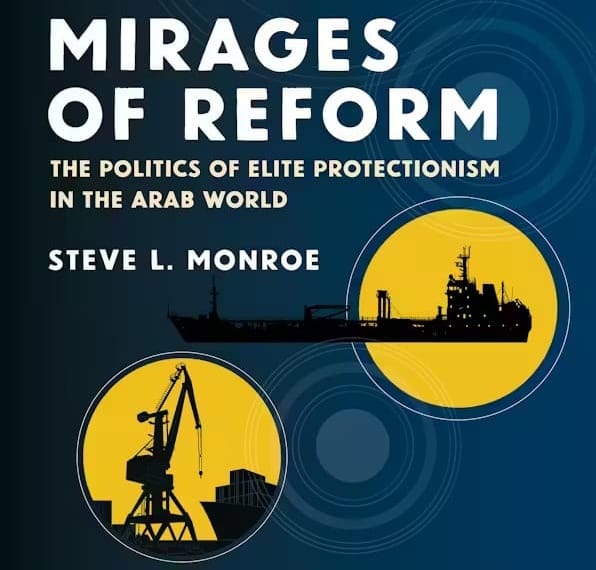Echoes of Iraq in the Gaza ceasefire

It is difficult to share Trump’s optimism that the cease-fire has unlocked a broader transformation of the Middle East—or even that it will survive contact with reality on the ground in Gaza.
I have a new article out in Foreign Policy (the first I've published there since I left a decade ago!) about the Gaza ceasefire. I am relieved to see the return of the surviving hostages, a pause in the killing of Palestinians in Gaza, and at least the prospect of desperately needed aid finally getting in. The 20 point agreement is far better than one might have expected, based on previous Trump positions, ruling out the expulsion of Palestinians or Israeli annexation of Gaza and foregoing fantasies of Trump hotels on the beachfront. But, as I argue in detail in the piece, it's extremely unlikely that the rest of the agreement beyond the first phase will ever be implemented – and even if it were, as currently conceived it would not come close to establishing a stable and peaceful Gaza or achieving "a new chapter for the region defined by hope, security, and a shared vision for peace and prosperity."
The critical question today is not really whether the agreement will be fully implemented. It is what the region will look like when it is not.
The problems that I outline should be familiar: the absolute devastation of Gaza, which has somehow become almost an afterthought; the likely ongoing Israeli restrictions on aid, as we are already seeing; the likely Israeli obstruction of reconstruction material and ongoing border controls; Netanyahu's obvious determination to obstruct implementation; the exaggerated expectations of a bonanza of financing from the Gulf, which has a long history of not delivering; the unlikelihood of Hamas disarming or surrendering control, as we are already seeing; the extreme risks of trying to disarm it by force; the exclusion of Palestinians from the deliberations; the Trump administration's lack of any real capacity to implement and enforce the deal amidst unending domestic political crisis. And then there's the rather bizarre ideas about an international trusteeship, barely even hinting at the prospect of a Palestinian state; the whole thing seems pieced together with little serious thought and generally designed for maximal illegitimacy.
The combination of a shattered 'state', the economic and social legacies of crushing sanctions and blockade, a security vaccuum, well-entrenched armed groups, an illegitimate and distant occupation authority, and fantastical thinking about extreme violence opening pathways to peace reminds me way too much of the magical thinking about Iraq circa the spring of 2003. We even have the "Peace 2025" staging of Trump's appearance in Egypt (pictured above) playing the role of a "mission accomplished" banner. As much as we need hope, even if there isn't a catastrophic collapse this all seems set up to quickly settle down into a grim, grinding, hopeless slog which Israel and the US likely hope the world will soon move on from.
Anyway, read the whole thing at FP. Here's the kicker:
It is not only the grim history of past Israeli-Palestinian agreements that haunts the current cease-fire. The unrealistic assumptions and exaggerated claims alarmingly resemble the failures of the U.S. occupation of Iraq. The absence of security and order will make it difficult to consolidate any sort of effective governance or build legitimacy for a new order, just as it did in Baghdad two decades ago. Overly aggressive efforts to disarm Hamas would backfire but leaving it in effective control would put any new administration at its mercy. The trusteeship envisioned may be installed but like the hapless early administrators of occupied Iraq it will not really be able to exercise control and will command no legitimacy among Palestinians who aspire to their own state rather an international mandate. Even on the path laid out by the cease-fire agreement, Gaza is more likely to be the site of ongoing low-level violence, economic catastrophe, failed governance, and spiraling insurgency than the promised modern and shiny new global city.
It is better to have this agreement than to not have it. The catastrophic war needed to end and Trump did what Biden would not to make it happen. But making it endure past this euphoric moment and create the historic dawn of “a new Middle East” that Trump promised will require not just the kind of sustained attention that has rarely been brought to bear but also a willingness to learn from past mistakes. It is far too easy to hear the echoes today of a long history of U.S. hopes for a transformed Middle East emerging from the rubble of catastrophic destruction. But the invasion and occupation of Iraq did not deliver the promised regional transformation. Nor did Israel’s devastating monthlong bombing of Lebanon in 2006, which then-U.S. Secretary of State Condoleezza Rice celebrated as the “birth pangs of a new Middle East.” There is little reason to expect better from the smoldering ruins of the killing fields of Gaza.
Read the whole thing on Foreign Policy (free gift link).
America's Middle East: The Ruination of a Region is now available in the UK, and will be available soon via Oxford University Press in the US. Come see my first US book talk at the University of Pennsylvania's Perry World House on Tuesday, October 21, if you happen to be in or near Philadelphia.



